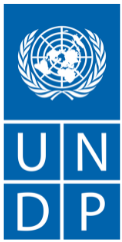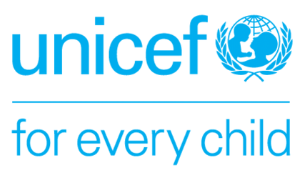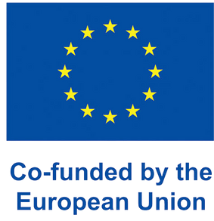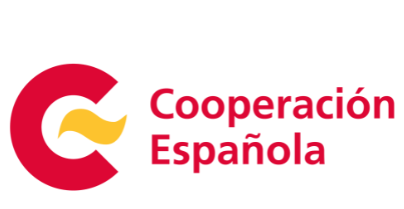Under the leadership of the Ministry of Finance, Budget and NationalPlanning, Nigeria has already made considerable progress on its IntegratedNational Financing Framework (INFF). It has recently concluded both a costingexercise with the IMF and a Development Finance Assessment with UNDP.
According to IMF estimates, an additional spending of 18 % of GDP by2030 is required to achieve the SDG targets in education, health, electricity,roads and water and sanitation sectors in Nigeria. To achieve SDG targets in key sectors, spendingwould need to increase by 7.7% of GDP for education, 4% for health, 1% forelectricity, 2% for roads, and 0.6% for water and sanitation by 2030.
The Development Finance Assessment (DFA) undertaken recentlyprovides data and statistics for putting in place an INFF. The DFA shows theevolving trends in the financial flow landscape, the challenges faced by theCOVID-19 pandemic and the numerous opportunities in innovative financing.Impact investment, diaspora bonds, and south-south cooperation are on the riseand if harnessed through an INFF have the potential of bridging the finance gapfor Nigeria to achieve the SDGs.
To get a more complete picture of official and officially supportedfinancing flows in support of sustainable development, a critical buildingblock for an INFF, Nigeria has also been actively contributing to thedevelopment of Total Official Support for Sustainable Development (TOSSD).Together with the other members of the International TOSSD Task Force, Nigeria,through the Directorate of Technical Aid Corps (DTAC), has shaped themethodology for this new statistical framework.
In 2018, Nigeria participated in apilot study on TOSSD, which tested the methodology based on the recipientcountry perspective, measured TOSSD flows to Nigeria and explored TOSSD as away for Nigeria to report on its own support for sustainable development.
The study found that TOSSD flows to Nigeria amounted to 4.9 billionUSD, which provides a more complete picture than, for instance, ODA (3.5billion USD in 2018). Additional transparency on these flows is critical forthe government as it develops its financing strategy within the context of theINFF.
As a country with a dual role (both recipient and provider ofdevelopment co-operation), Nigeria can also use TOSSD to report on its ownactivities in support of sustainable development. Nigeria plays an active rolein South-South cooperation, with extensive experience in providing technicalco-operation to other countries, mainly through DTAC and the Directorate ofTechnical Co-operation in Africa.
With reporting on TOSSD launched in 2020, all countries now have theopportunity to be part of the international community that will help build thisnew, broader statistical measure of external support to the SDGs in line withthe 2030 Agenda.
The first building block of an INFF consists in the review of thefinancing landscape of the country, which also includes the scoping of allfinancial flows for development, whether private or public, domestic orinternational. In several developing countries, Official Development Assistance(ODA) from bilateral and international donors, remains an important part of thefinancing mix to support their national development plans and the SDGs.
In recent years, donors have increasingly used official developmentaid also as a catalyst for other resources to support developing countries’development agendas. These resources involve private finance, mobilised throughPPPs (public-private-partnerships) and a wide range of other innovativefinancing instruments. In addition, an increasing number of other providers,South-South cooperation and emerging economies, play an important role in thefinancing landscape of developing countries.













.png)


